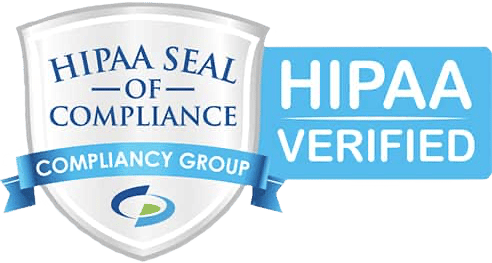Today’s cybersecurity landscape is anything but friendly. Organizations take an average 191 days to identify a data breach and the median cost of an attack is now a whopping $5 million. If that’s not enough, 92% of malware is still delivered via email.
With the average office worker receiving 121 emails per day and 149,513 total messages sent worldwide each minute, it is no surprise that this form of communication plays an integral role in the security of organizations large and small. All of the data sent and received can be a goldmine to those with malicious intent. Within moments, a hacker could have access to personal information, intellectual property, or financial reports. This is why encryption is such an incredibly important feature.
At times like these, it may be advantageous to look to the security measures being implemented in Europe. For example, one of the requirements in the GDPR is the need to encrypt emails containing personal information; whether clients, customers or employees.
Encryption certainly has a role in compliance. Are your clients aware of how that works?
One can never be too straightforward. Make sure the organizations that you protect are aware of the data they must safeguard and how various protection measures work, including email encryption. Which information requires more formidable defenses?
1. Personally Identifiable Information (PII)
PII is data that can be used to uniquely identify an individual. A great example of an industry that routinely deals with PII is healthcare, which is exactly why HIPAA (Health Insurance Portability and Accountability Act) is in place. Those rules ensure that patient privacy is a priority and that organizations who lose or compromise that data are held accountable. Email encryption solutions play a huge role in ensuring sensitive patient information is secure and only accessible to authorized users. Considering every non-compliant email could generate a fine of $50,000, the stakes are simply too high to ignore the benefits of email encryption for your clients in the medical field.
2. Confidential Business Property
Confidential business and intellectual property such as product release documents, research and development data, and financial reports can be at risk. Even though most companies hold this sort of information close to the chest, without encryption, businesses could have a hard time keeping things under wraps. For example, an email sent between two authorized employees could be intercepted in transit through a man-in-the-middle attack.
Financial institutions serve as an excellent example. GLBA, or the Gramm-Leach-Bliley Act, requires financial institutions to notify customers in a timely matter when a data breach has occurred. Unsurprisingly, GLBA violations can cost organizations up to $100,000 per violation. Email encryption will assure that data in outgoing messages are unreadable to unauthorized recipients.
3. Customer Information
Although almost every business maintains some sort of customer information, certain industries need to safeguard that data for legal reasons, including lawyers and educators. When a legal firm has a data leak, it isn’t just a matter of privacy but can be a violation of attorney-client privilege.
Lawyers also often maintain highly sensitive information relating to their clients, from personal accounts to hospital records. Email encryption makes all the difference. In the case of a law office, it enables open communication between the attorney and their client while maintaining the privacy of all collected information.
Any institution that receives funding from the Department of Education needs to maintain the Family Educational Rights and Privacy Act (FERPA) or risk losing federal backing. With teachers and other staff regularly using email to communicate with students, especially with the popularity of online education. That means their inboxes will be full of sensitive student data. Encryption could be the difference between sending a routine email and addressing a major scandal.
4. Encryption is a Necessity
Whether mandated or not, protecting your clients’ sensitive information is just good practice. Without encryption, any stranger can access data that is meant to be confidential. Every business should be interested in keeping important information safeguarded, ensuring both the reputation and bottom line of your customers.
Encryption is a cornerstone of cybersecurity best practices. Partner with Mailprotector to offer your clients a safe and easy encryption experience while creating more income opportunities for your business. Those are just a few of the benefits our Bracket email encryption platform delivers ‒ check it out for yourself today!

